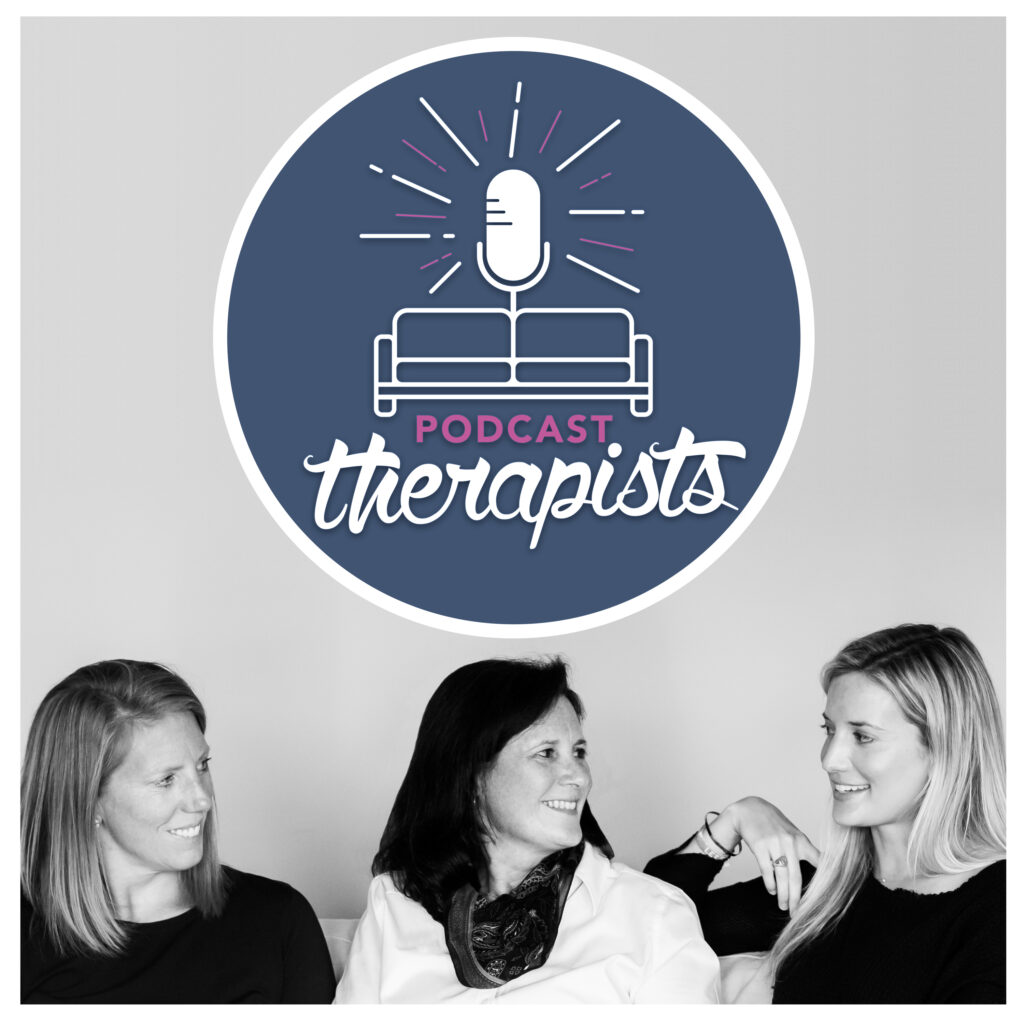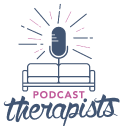Disordered Eating – Part 2: Be a Good Role Model

One of the main things that help children figure out what their ideas around body image are, is the way the adults around them feel and talk about it. Not only about bodies in general but also about their own.
Today we continue our series on disordered eating with an episode all about how to be a good role model for your kids. With his episode, we’re providing you a guide for ways to talk about it, acceptance that we all make mistakes, and general awareness about the importance of the topic.
The culture is biased toward thin bodies,
so we have to work to model not embodying that bias.
Why is it so important to be a good role model around body image?
For a long time, people haven’t known what kind of message they were sending around body image. Nowadays, there’s more awareness. Since the influence starts so early on in our lives, and it’s everywhere around us, ingrained in our culture, it’s not something we grow out of. That’s why it’s so important to shift the messaging for kids at a younger age so that they are growing up with a model of what it’s like to have a healthy and positive body image. Once it’s really unhealthy, it’s a much harder shift.
This also explains why being a good role model, will not go smoothly for most of us. In general, our generation was not raised with a positive body image, so we have to alter our own blueprint in order to be a good role model for our kids. We didn’t have that role model ourselves. These 3 tips will help you in your journey to create a more healthy and positive environment around body image in your household:
3 tips to be a good role model around body image
- Think about what your values are as a parent and reflect those values in how you talk to your kids. It’s really all about what’s getting the airtime in your household. Think about what kind of compliments you give your kids, and others when your kids are around. Do you compliment people on their looks? Or on other values? Maybe you compliment people on feelings: “Wow, you look really happy today”.
The emphasis has to be on what our bodies can do,
not what they look like.
2. Appreciating body diversity. Kids have a natural curiosity about bodies and why they look different from one another. We get to decide how we want to talk to our kids about different kinds of bodies. Be aware of the language you use around them. Bodies look a million different ways and it’s all okay.
3. Be mindful of the way you talk about YOUR OWN body. We’re so quick to criticize our own bodies and say things about our own bodies that we would never say about anyone else’s. What this is showing to our kids is: I can be really hard on my own body even if I value body diversity. This might be the hardest one for most of us but it’s incredibly important.
Our episode is full of more tips and examples of how each of us experiences and handles this in our families. Remember, we all make mistakes and all the little things we do really make a difference in the long run.
More about Virginia Family Therapy
Virginia Family Therapy is a mental health practice serving individuals, families, and our community. VFT is designed to help people at all stages and from all walks of life by offering therapists and physicians with diverse backgrounds and specialties via face-to-face, walk-and-talk, and telemedicine appointments. Throughout, we are committed to developing strengths-based, authentic, and long-lasting relationships with you and your children. We hope to provide you with the support and insight you need to help your family navigate life’s hard times and joys.
Contact us here.
In this episode on being a good role model around body image, we cover:
- The importance of being a good role model around body image,
- The little things we do that our kids pick up on,
- Three tips on how to be a good role model around body image,
- How each of us experiences these things in our own households,
- And much more.
Resources and links mentioned in this episode
- Are you or your child struggling with mental health? We have a team of psychologists and psychiatrists who can help you out. Don’t hesitate to contact us here.
- We’d love to hear your feedback on our podcast. Why not leave us a review on Apple Podcasts?
- Connect with us on Facebook or Instagram.
- Have you listened to the first episode of our series on disordered eating? We talk about the toxic culture around body image. Have a listen here!
Disclaimer: Please remember we are real live therapists, however this is a podcast and is not considered a therapy session. Not only because there is no co-pay but also because we can’t speak to your individual experiences. We are here to help you keep raising healthy kids. And remember, if you are an imperfect parent, we are right there with you. If you or someone you love is in immediate danger, please call your local crisis hotline or go to your nearest emergency room.
